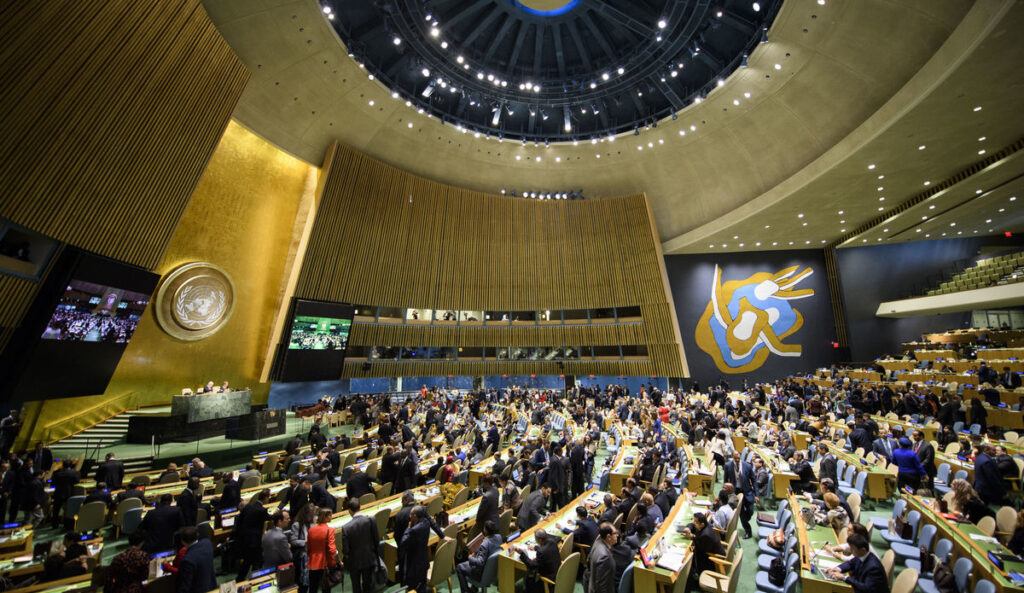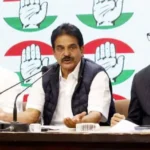United Nations Secretary-General António Guterres unveiled his Policy Brief titled “A New Agenda for Peace.” This document aims to address pressing global security challenges and outlines a vision for enhanced multilateral cooperation amid an increasingly complex geopolitical landscape.
The brief highlights various threats to peace and security, including persistent violence outside traditional conflict zones, the weaponization of new technologies, rising inequalities, and climate change. Guterres emphasized that these challenges necessitate a collective response grounded in trust and solidarity among nations. He called for member states to prioritize diplomacy and rebuild mechanisms for managing disputes effectively.
One of the key recommendations from Guterres is to move beyond competitive paradigms that often hinder cooperation. Instead, he advocates for shared interests and collective action among nations to tackle common threats. The brief serves as a prelude to upcoming discussions at the Summit of the Future, where member states will deliberate on strategies for enhancing global peace efforts.
Guterres’s vision is particularly relevant given recent global conflicts and crises that have tested international cooperation. By promoting a comprehensive approach that recognizes interlinked challenges, “A New Agenda for Peace” seeks to lay the groundwork for more effective responses to contemporary security dilemmas.
This initiative underscores the UN’s ongoing commitment to fostering dialogue and collaboration among nations as they navigate an era characterized by uncertainty and rapid change. The success of this agenda will depend on the willingness of member states to engage constructively and prioritize collective well-being over nationalistic tendencies.
Image Credits: https://theunitednationscorrespondent.com/update-un-priorities-in-2023-end-conflicts-with-new-agenda-for-peace/


